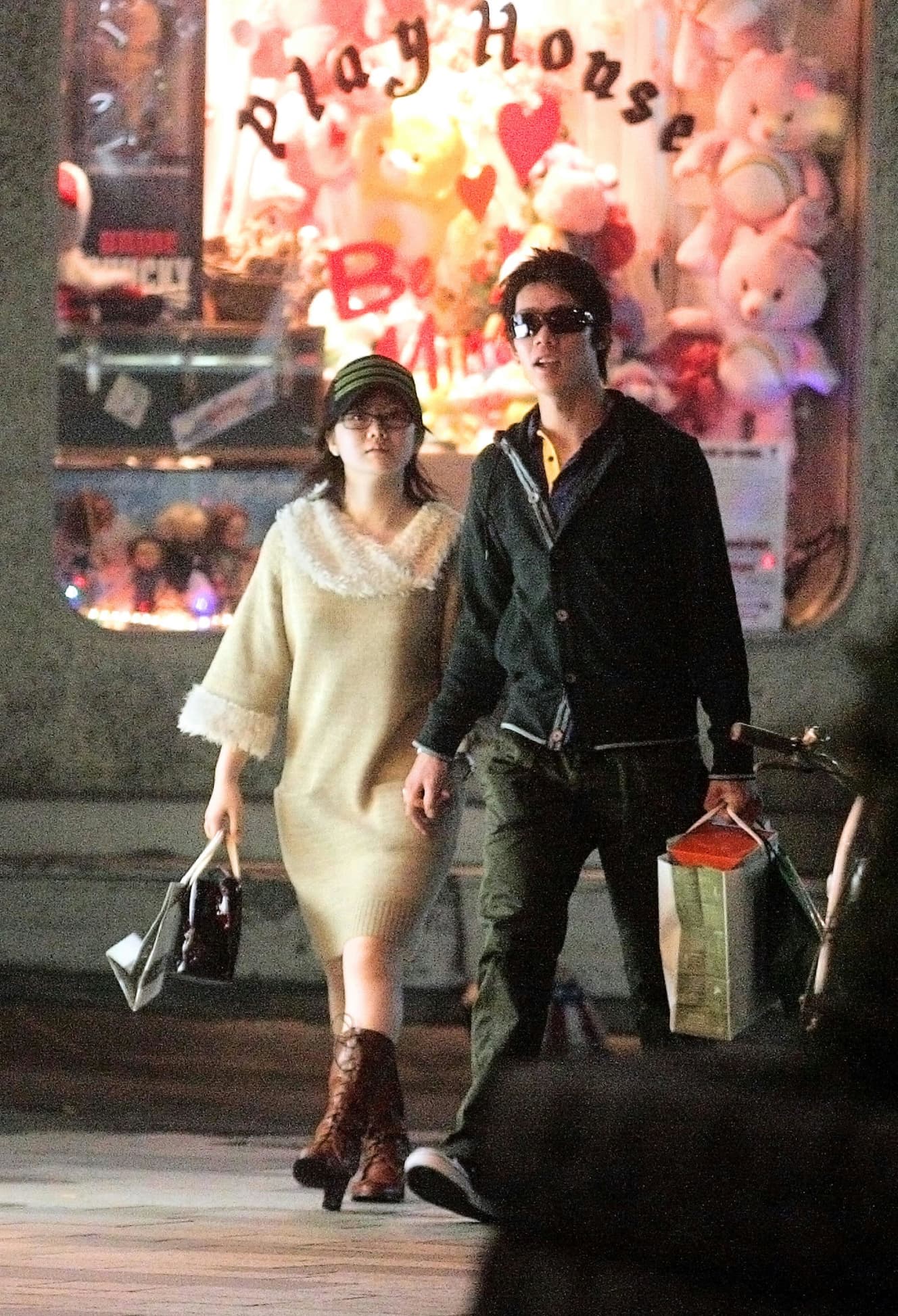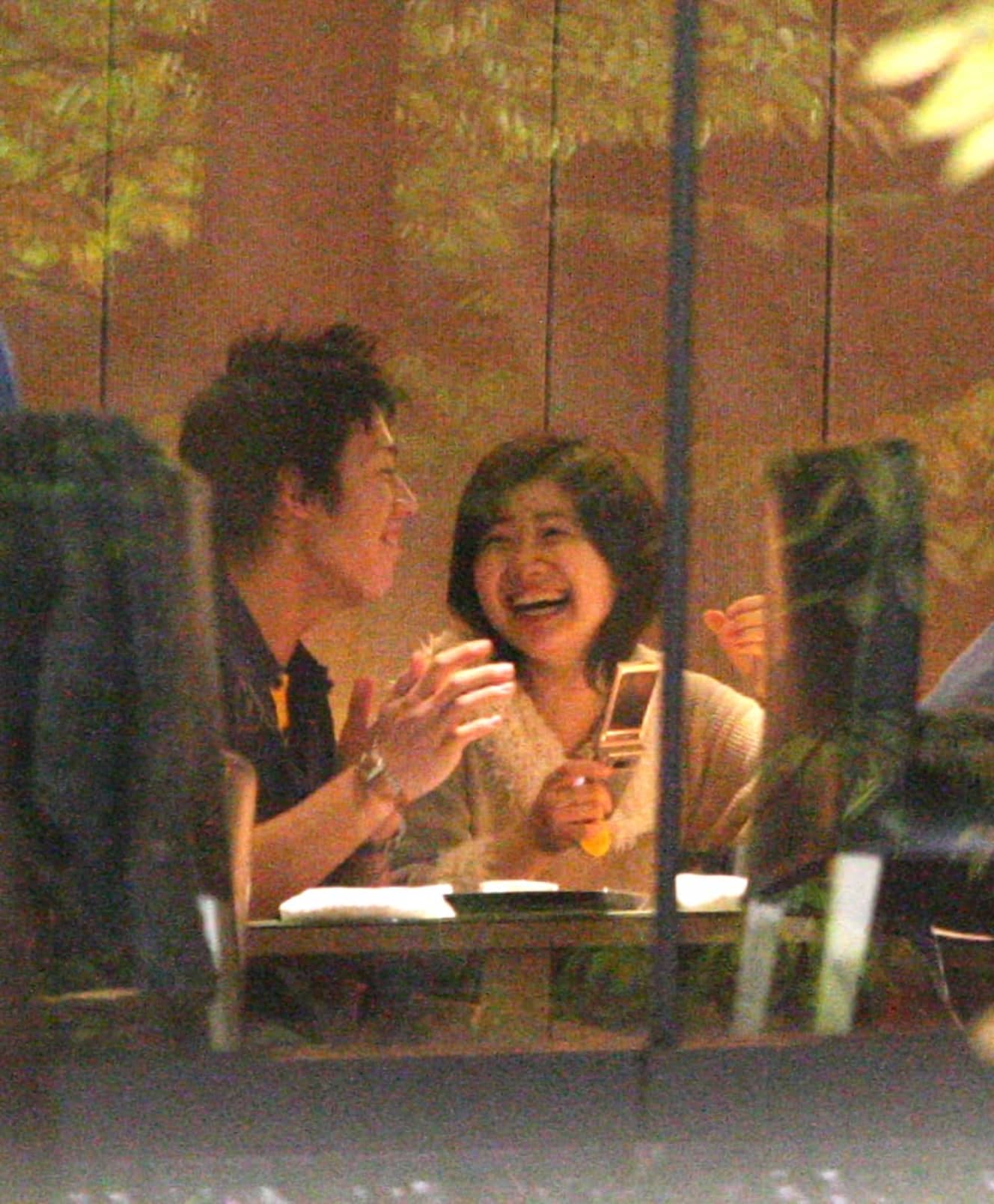National Training Center’s Player Supremacy at Risk as Shoko Miyata’s Drinking Issue Resurfaces
Doubts about NTC's "Athletes First
Shoko Miyata (19), a gymnast and representative for the Paris Olympics, resigned from the team after violating conduct standards, including smoking. It was also revealed that, despite being under the legal drinking age, she had engaged in drinking within the Athlete Village at the Ajinomoto National Training Center (NTC) in Kitaku, Tokyo.
“The issue began with an internal tip-off. There are voices saying that the penalty for withdrawing from the Olympics is too severe, but if she hadn’t been caught drinking at the NTC, she might have faced a lighter punishment. Ignoring drinking at the NTC would set a poor example for athletes from other sports, leading to a severe penalty meant to serve as a deterrent,” said an Olympic reporter from a sports newspaper.
The NTC opened in 2008. Before the establishment of the NTC, the adjacent National Sports Science Center (JISS) served as the hub for top athletes. Surprisingly, JISS was known among athletes as a place for encounters.
“In the past, there were several athlete couples born from encounters at JISS, such as Aiko Uemura (44), a mogul skier, and Kentaro Minagawa (47), an alpine skier, who developed their relationship during rehab and eventually got married. ‘FRIDAY’ once reported on a date between table tennis player Ai Fukuhara (35) and tennis player Kei Nishikori (34), noting that Fukuhara initiated the relationship with Nishikori at JISS, which led to their dating,” said a veteran sports writer.
Meeting and dating at JISS is generally not an issue. However, in February 2018, a significant scandal emerged involving Soichi Hashimoto (32), who is expected to compete in the men’s 73 kg judo category at the Paris Olympics. During a personal training camp at JISS that month, it was discovered that Hashimoto had unlawfully invited an acquaintance into the JISS accommodation facility. As a result, he faced severe penalties from the All Japan Judo Federation, including a demotion from Strengthening Rank A to B, a six-month ban from using or entering both JISS and NTC facilities starting from the 19th, and the obligation to personally cover the costs of participating in domestic and international strengthening projects during that period.
Furthermore, another major scandal at NTC was revealed in October of the same year.
“In a shocking revelation, ‘Shukan Shincho’ reported under the headline ‘Night Raid Shuttle Incident’ that, at that time, Kento Momota (29), the world number one in men’s badminton, and Yuki Fukushima (31), the world number one in women’s doubles, were enjoying a private rendezvous at the Athlete Village within NTC.
According to the article, during a strengthening camp in May of the same year, Fukushima had sneaked out of her room to visit Momota’s room. The issue came to light during a doping test. At 6 a.m., when the testers went to Fukushima’s room and found it empty, concerned staff reviewed security camera footage and discovered she had been in Momota’s room. However, the Badminton Association of Japan only issued a verbal warning to both players. After the article was published, Momota was the only one to issue an apology,” said the earlier reporter.
Despite being expected to win a gold medal at the 2016 Rio Olympics, Kento Momota was unable to make the team after it was discovered he had visited illegal casinos multiple times at the invitation of a senior. At the 2021 Tokyo Olympics, he was eliminated in the group stage. On the other hand, Yuki Fukushima competed in the women’s doubles at the Tokyo Olympics but was defeated in the quarterfinals. Both athletes ended up being forsaken by the Olympic Goddess, missing out on their Olympic dreams.
With the recent issue involving Miyata, doubts about the facility’s athlete-first approach have resurfaced, similar to concerns raised during previous problems.
“I’ve heard that some athletes, taking advantage of the privacy and autonomy provided in their rooms to ensure their comfort, engage in activities such as drinking and smoking. There are also familiar stories of encounters between top athletes from judo, table tennis, swimming, and ball sports within the facilities.
If athletes are truly exhausted from training, they shouldn’t have time for such activities. However, in the bustling district of Akabane, close to NTC and JISS, there are many barbecue restaurants adorned with athlete signatures. After a hearty meal there to recharge, it’s said that many athletes end up going straight into night practice instead of returning to rest at the facility. It seems the only way to prevent scandals is to keep athletes so busy with rigorous training that they don’t have time to engage in such behavior,” said a representative from a sports organization that has used the facility.
Going forward, the standards for athletes’ use of the facility may be subject to review.
We welcome your information and tip-offs to FRIDAY Digital. Please send your information to the following information form or to the official X.
Information form: https://friday.kodansha.co.jp/tips
Official X: https://twitter.com/FRIDAY_twit


PHOTO: Kyodo News

